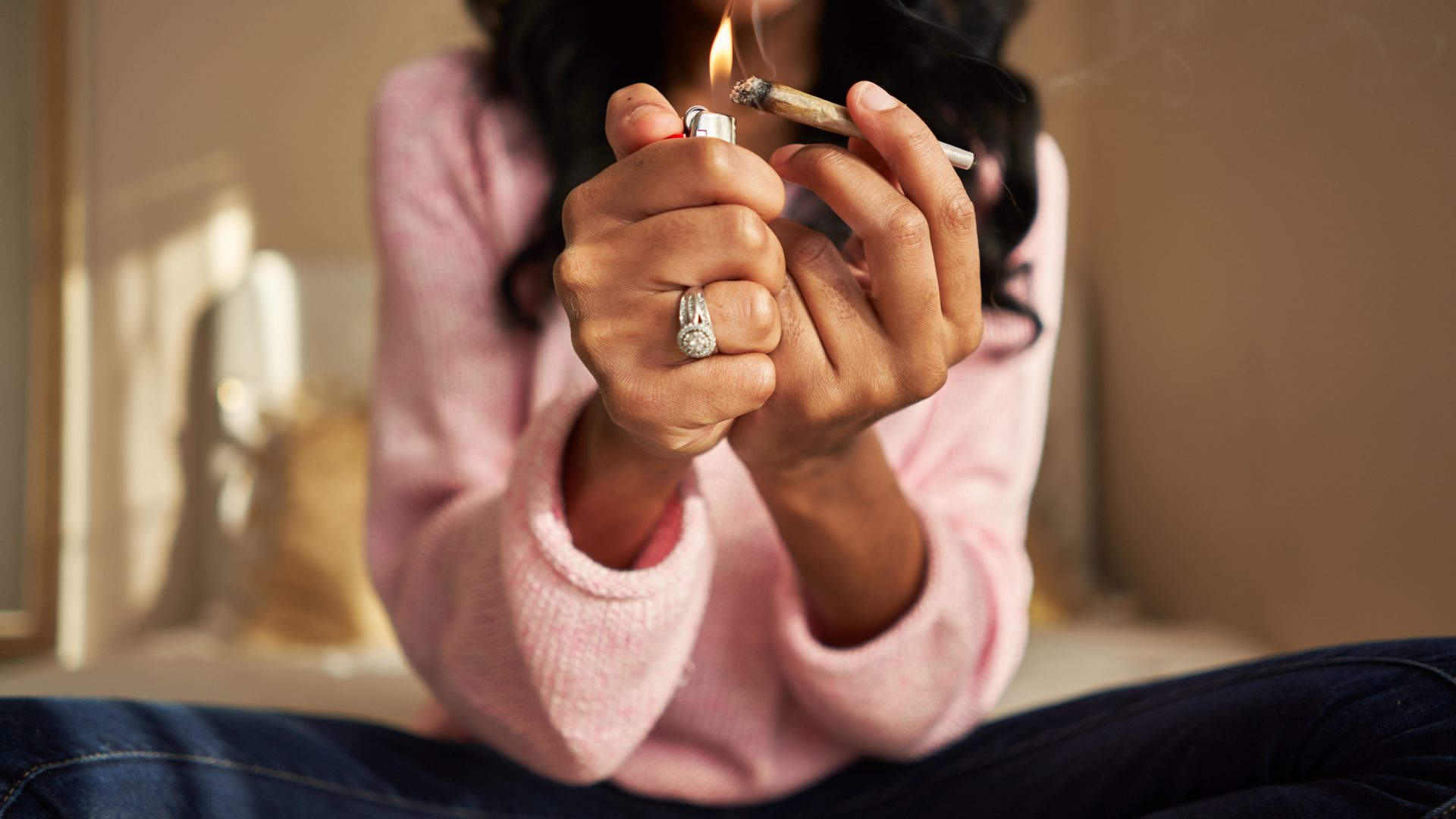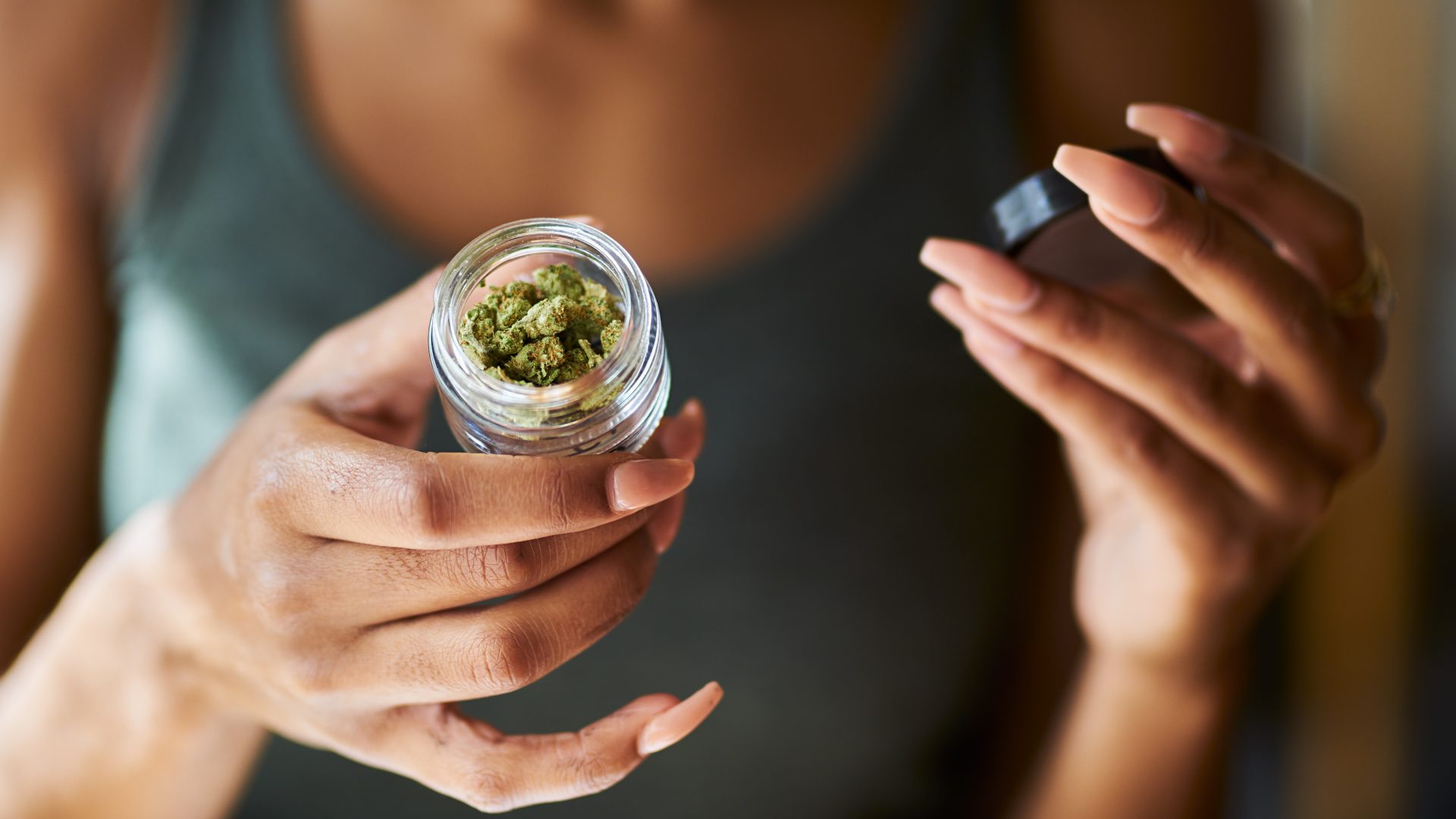
What’s the ultimate difference between Cannabidiol and delta-9-tetrahydrocannabinol? The interaction with cannabinoid receptors and the lack of psychoactive effects. Didn’t get it? Us, either. Allow us to try one more time – the difference between CBD and THC is ultimately different because of the way the human body psychologically reacts to the two different cannabinoids present in marijuana, according to Medical News Today.
Though they’re both found in marijuana and can be used to treat conditions such as eating disorders, nausea, pain, and even cancer, it’s important to make a clear distinction between the two. THC is the main psychoactive ingredient in cannabis that is known for signaling the release of dopamine neurotransmitters while CBD is the second most found ingredient in cannabis which was first discovered in the 1940s and praised as a natural remedy.
In celebration of 4/20, Girls United has created a brief breakdown of the differences between THC and CBD. Spoiler alert: one can get you totally stoned!
Higher Than a Kite
According to Medical News Today, CBD and THC react with different parts of the brain. While CBD is unlikely to get a user high, THC typically “produces the high people associate with using marijuana recreationally,” which can also be found in medical marijuana.
Origins
CBD and THC can both be found in marijuana, but CBD is ordinarily extracted from hemp, which is closely related to marijuana. THC is extracted directly from the marijuana plant.

Administration
THC can be administered through smoking marijuana, edibles, capsules, and oils. CBD can be found in beauty products, skincare, topical oils, and even hair care products, which is said to increase hair growth and scalp maintenance.
Side Effects
According to the World Health Organization (WHO)Trusted Source, CBD is safe in large quantities and has no reported side effects. However, when it comes to THC, after consumption and “getting high,” side effects can include cotton mouth, red eyes, responding slower than usual, memory loss and coordination issues. Teens reportedly experience an increased high because their brains are still developing.
Neither CBD nor THC can be fatal if taken in correct doses, according to Healthline, but regular or large doses of the latter can “increase the risk of developing schizophrenia in some people with a predisposition for the condition.”
Uses
CBD is more often used for psychological, mental health-associated purposes or neurological conditions such as anxiety, depression, post-traumatic stress disorder, epilepsy, and migraines. THC, which is often distributed as medical marijuana, can help with loss of appetite, insomnia, or tremors. THC is even known to alleviate symptoms of nausea caused by cancer treatment.